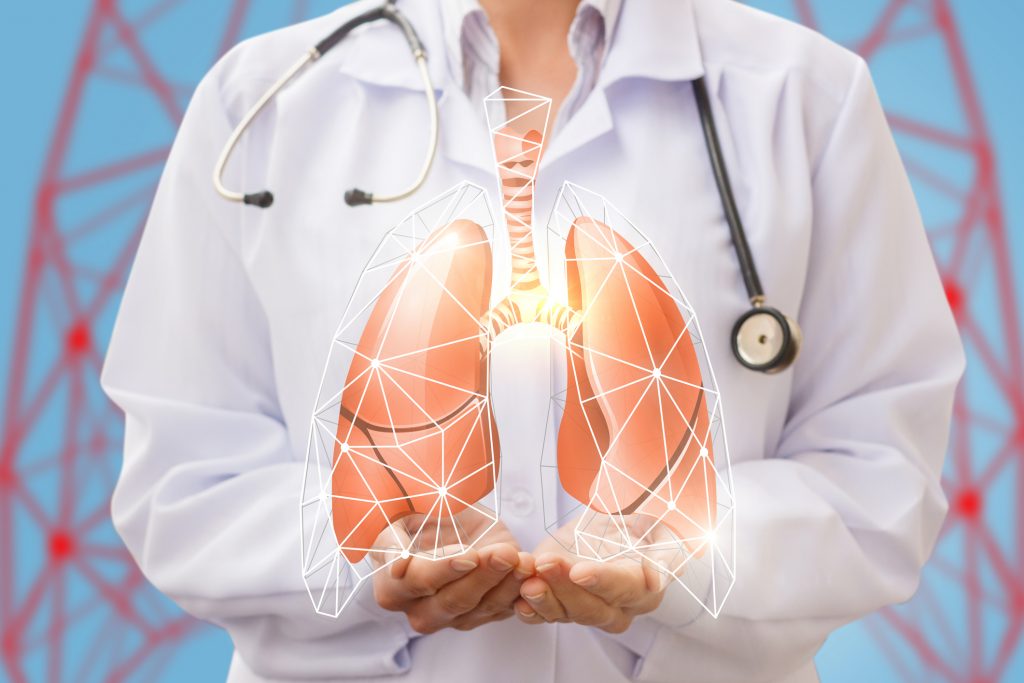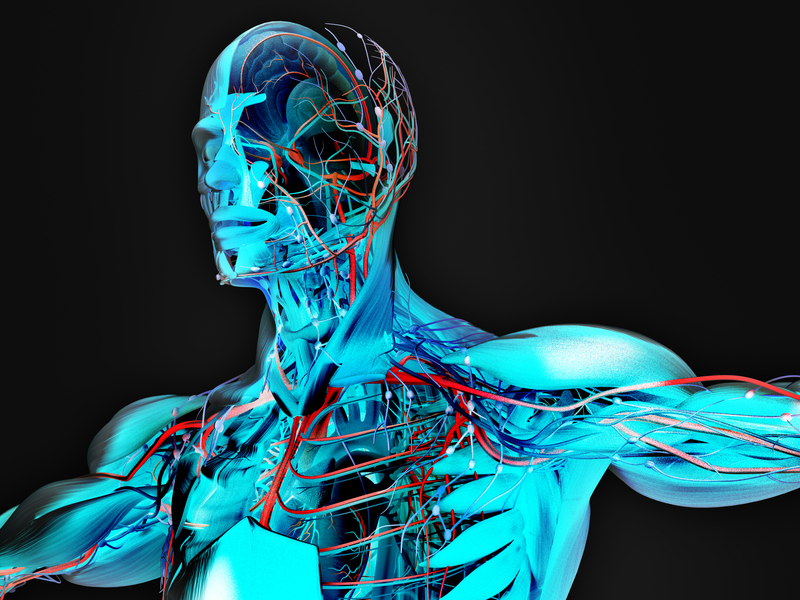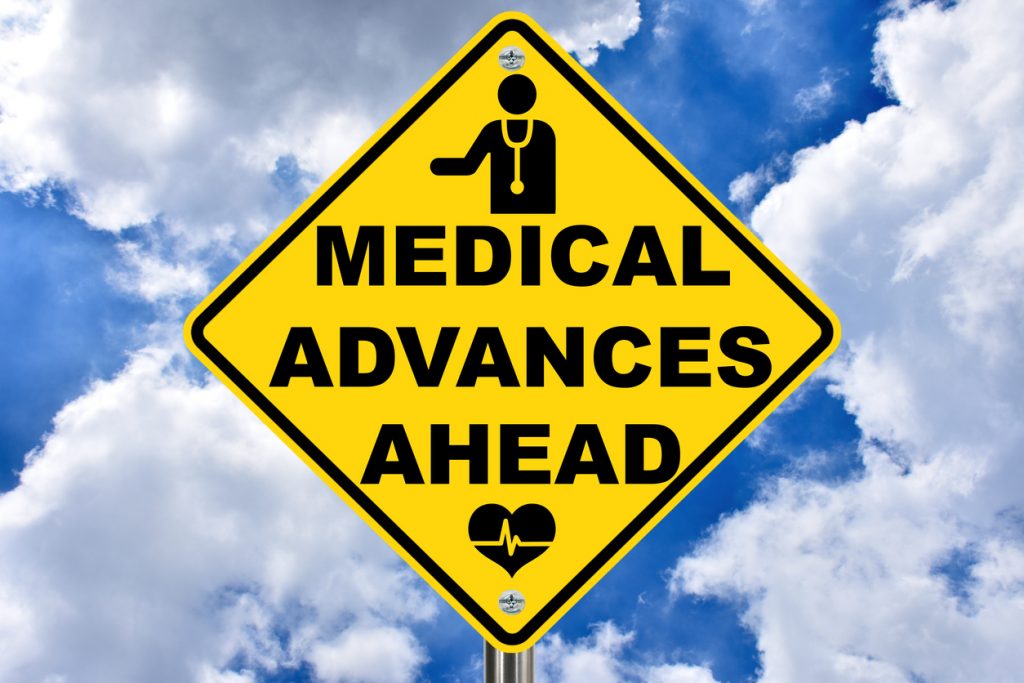PH or Pulmonary Hypertension is not as well-known as COPD or lung cancer. However, the doctors and healthcare professionals at Florida Lung, Asthma and Sleep Specialists (FLASS) are aware of the rising number of patients who are suffering from this condition. Last month, research scientists at Johns Hopkins made some exciting discoveries that could revolutionize treatments for this disease. Thus, within this two-part series of blogs, FLASS intends to introduce you to the latest and greatest updates on the research scene for Pulmonary Hypertension. But first, let us reacquaint you or perhaps introduce you to the symptoms of this condition which currently affects
PH or Pulmonary Hypertension: A Mini-Review

Pulmonary Hypertension Disrupts Lives with Hard to Live with Symptoms
Since the symptoms of Pulmonary Hypertension can fit many other respiratory diseases, Pulmonary Hypertension or PH as it is nicknamed often goes misdiagnosed or undiagnosed.
In our high paced world we sometimes keep unhealthy secrets from ourselves. We make excuses for how we feel and ignore symptoms and signs there might be an illness present. We might tell ourselves we are just tired or we’re getting older. So we power through a nagging cough and push our hearts to deal with shortness of breath.
Perhaps some of us had mothers who would say “It’ll get well by the time you’re married.” Perhaps we have our own personality driving us to be the best we can be.
PH BRIEFLY DEFINED
PH or pulmonary hypertension is a condition in which the arteries from the heart to the lungs become very narrow. The heart has to work harder to push blood through the narrowed blood vessels.
- To put it simply, this causes the blood pressure to rise above the levels that are normal body readings for the patient.
- The condition enlarges the heart and invites congestive heart failure.
- Your health care guardians at Florida Lung, Asthma and Sleep Specialist don’t want you to spend your days fighting symptoms such as shortness of breath or coughing up blood. We cherish the lives of our patients we remind you of the risks of this disease so you can take precautions.
PH Symptoms Destroy Daily Routine
In addition to previously mentioned symptoms, patients suffer from chest pain, racing pulse or heart palpitations. Sometimes they experience dizziness and fainting. A feeling of fatigue is also a common complaint. Swelling (edema) in the ankles and legs may occur.
Once doctors make a diagnosis, your FLASS treatment options will include medicines, oxygen therapy and sometimes surgery.
Risks We Cannot Avoid and Risks We Can Change

Pulmonary Hypertension: Where Did It Come From? If Your Parents had PH, You May Also.
Some of the risks for this problem cannot be changed. However, we might be able to reduce the severity and discomfort of the symptoms by changing some of our daily routines, restricting certain foods, or activities.
1. Background or Genetics: We are what we are. If parents passed on a gene for a disease or condition, you are likely to inherit it.
This means that you should be aware of your family background including heart or lung failure. Pulmonary Hypertension is an example of a condition which can be passed from generation to generation.
2. Male or Female? Yes, it Matters: Women are attacked by pulmonary hypertension in twice as many times as men. Younger women in their childbearing years also fall victim to this disease.
3. Also at Risk are people with Prior or Current Illnesses: Individuals who are already suffering from other diseases are another high-risk group. A specific example could involve an individual suffering with lung or heart disease. Some diseases almost invite pulmonary hypertension or PH.
If you already endure liver disease, scleroderma or lupus, you could be a prime candidate for PH.
Other Risks: Drugs, Pregnancy, Apnea, Obesity and High Living
4. Drugs for High Loss Weight Diets: Have you been trying to lose weight assisted by diet pills? You may be risking more by taking methamphetamines than you realize. PH is only one of the problems you could be inviting.
A drug called “Fen-Phen” was banished for causing the PH and similar conditions. Since then, some studies have indicated that serious heart valve conditions have shown up years later. Is losing those extra pounds worth the risk?

Many of the Almost Impossible to Live with Symptoms Can Be Greatly Reduced. Call FLASS for Professional Help.
5. Pregnancy Risk Group: Pregnant women also pose another risk group. Are you already suffering from PH? Are you aware that your risk zone goes even higher into the danger zone if you are both pregnant and have been diagnosed with PH?
The connection between PH and hormones is so strong that scientists have advised women to use other birth control methods instead of “the pill.”
6. Obstructive Sleep Apnea and Obesity: Are you overweight? The combination of those extra pounds and apnea can be dangerous. while you are asleep, your oxygen level may drop. Pulmonary hypertension considers this condition as an open invitation.
This combination may also invite other dangers including congestive heart failure. If you have apnea, consider a healthier eating plan and exercise to ward off that extra weight.
7. Living High Can be Living Dangerously: High altitude can also be a high-risk factor. Studies have shown that high altitude living can create respiratory conditions that may add to your risk of pulmonary hypertension.
If you have been living in “the high lonesome” as some of the old cowboys say, you could be courting serious problems.
Understanding Pulmonary Hypertension
Having taken a closer look at Pulmonary Hypertension, you are now prepared to know about the strides we are making in understanding how this disease works. For more details, visit our special page on this website.
Introducing the Big News About Pulmonary Hypertension

Research is the Key to a Future Cure.
Medications and Life Style Changes Can Help Now
Learning to cure or control diseases is the goal that scientific research sets. Research is our most promising tool to cure diseases such as PH.
Only two months ago Johns Hopkins investigators “made a leap forward in understanding the underlying biology behind pulmonary hypertension, a dangerous type of high blood pressure in lungs that ultimately leads to right heart failure and death.”
“Our experiments advance our understanding of the way low oxygen levels make blood vessels sick,” says Lewis Romer, M.D. Dr. Romer is the senior co-author of the study. He is also a professor of anesthesiology and critical care medicine, cell biology, biomedical engineering and pediatrics at the Johns Hopkins University School of Medicine.
“Romer also conducts research in pulmonary hypertension at Johns Hopkins Children’s Center.”
He adds, “The findings also potentially advance the search for drugs that not only control pulmonary hypertension but also may reverse the disease or cure it.” In our next blog, Part II, we will bring you the details of the recent Johns Hopkins experiments and the story behind them.

